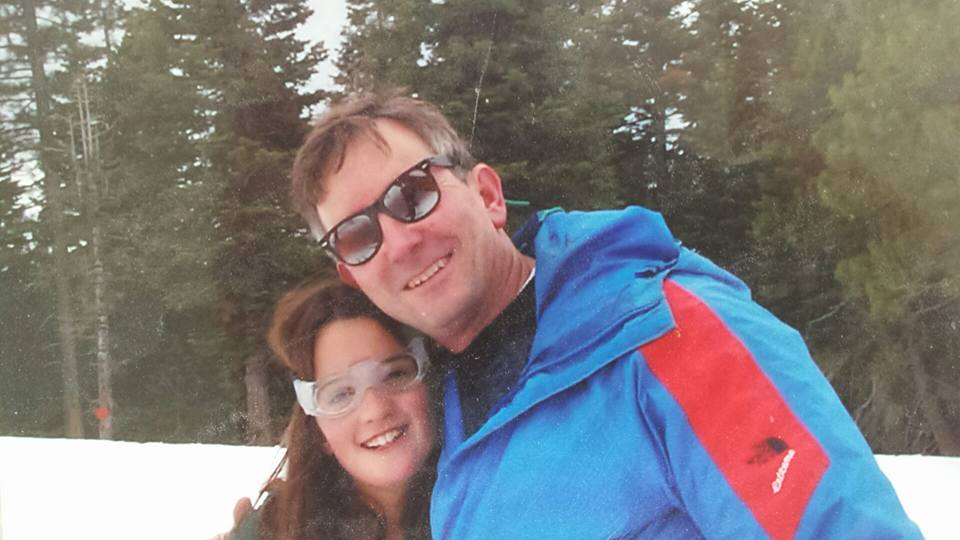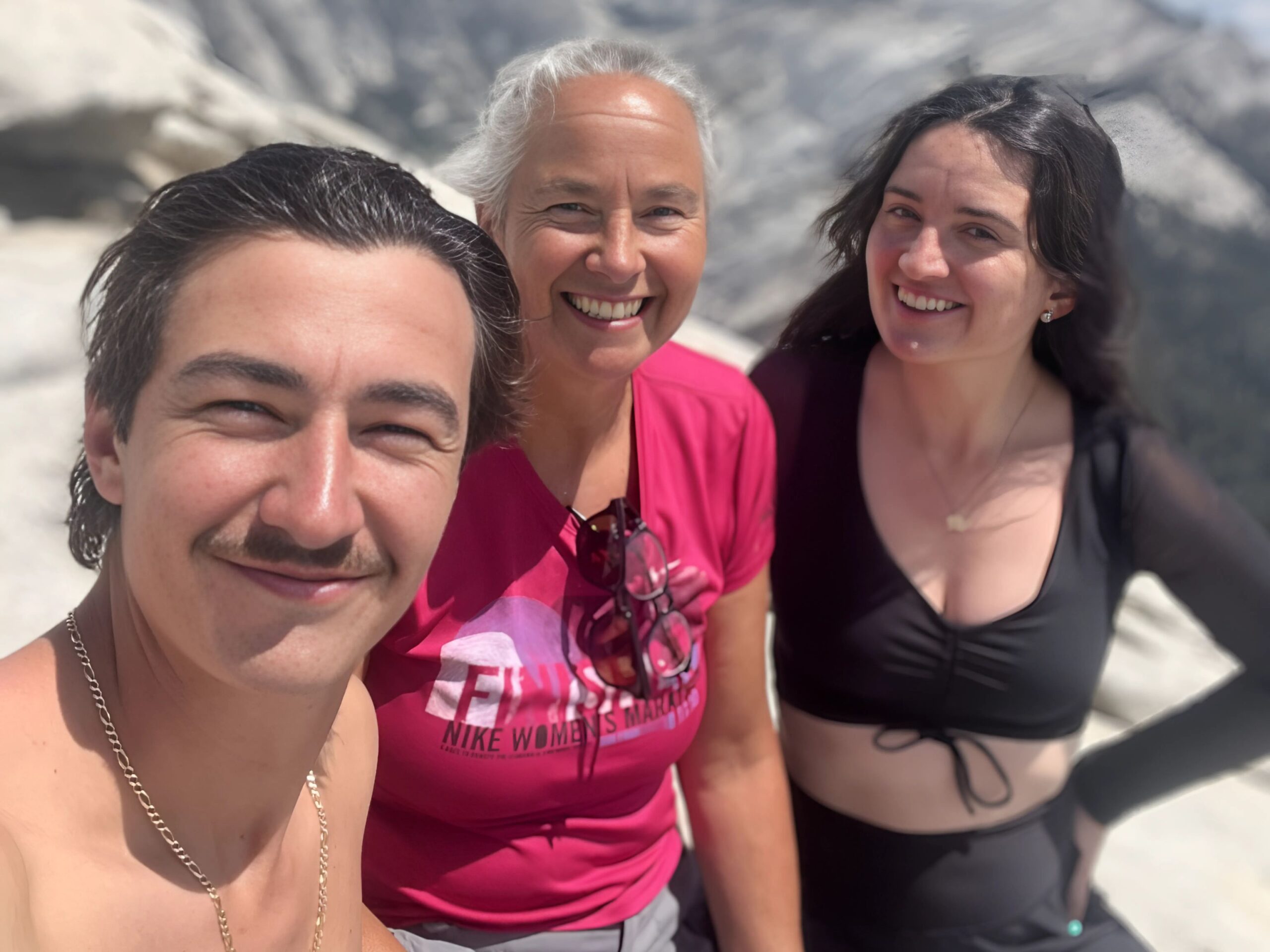I recently hosted an incredible session with the Varsity Women’s Club, where over two dozen female athletes gathered to learn how to land roles in tech.
During our event, Sarah Zugelder shared her inspiring story of career transition, and I provided insights and actionable advice on how to prepare for a successful job interview—especially if it’s your first.

Whether you’re fresh out of school, pivoting careers, or simply unsure what hiring managers expect today, this guide outlines the essential steps to confidently navigate the interview process and stand out in the competitive tech landscape.
Table of Contents
Understand the Company and Its Customers
Start with the basics: Do your homework on the company.
If you can’t explain what they do to your mom or best friend in under a minute, keep researching. You should be able to articulate:
- What the company offers and why it matters
- How they help their customers
- The value they bring to the market
Being specific about how their products address these areas demonstrates that you understand their business model.
Consider specific examples of how their product delivers value to real customers.
Learn the Interview Process Ahead of Time
One of the smartest ways to reduce anxiety is knowing what to expect.
Ask early on: “What is the interview process like?”
This allows you to prepare specifically for each stage. A typical structure might include:
- Initial screening interview – a “vibe check” or quick call
- Hiring manager interview – more structured and role-specific
- Skills project or assessment – to demonstrate your competency
- Closing interview – often another team fit round
- Offer extended
Always confirm your appointments via email before interviews.
This simple step demonstrates professionalism and ensures everyone is aligned on timing and expectations.
The entire process shouldn’t take more than a month for entry-level positions. If it stretches longer, there should be a clear explanation.
Remember that timing varies by role seniority—more details below.

Tailor Your Expectations by Seniority
Interview intensity varies significantly by position level.
Here’s a breakdown of the different levels.
Entry-level positions
- Typically involve around four interviews
- Focus on basic qualifications and cultural fit
- Process usually completes within a month
Mid-level positions
- May include up to seven interviews
- You’ll meet with people at your level, those you’ll manage, and those you’ll report to.
- Team fit becomes increasingly important as you progress through the interview stages.
- The process may take slightly longer than lower-level positions.
Executive-level positions
- Can take up to six months to complete the hiring process.
- Include several interviews with founders or the CEO.
- Involve detailed discussions about building out organizational plans.
- Require extensive background checks.
Scout the Market Landscape
Take time to research the competitive ecosystem:
- Who are the company’s main competitors?
- What do their customers care about most?
- What are the current market trends affecting their industry?
For a more proactive approach, consider reaching out to team members at the company to request a coffee chat. This shows initiative and gives you an insider perspective on the company culture.
Identify a Healthy Business
Before committing to a company, look for these three indicators of organizational health:
- Structured onboarding program: Do they have a clear process for integrating new hires?
- High employee retention: Do people tend to stay with the company long-term?
- Strong product retention: Do customers stick with their products/services?
Zero red flags in these areas typically signal a healthy business with good management practices.
Also, pay attention to who your hiring manager will be and research their leadership style, if possible.
Polish Your Materials (and Your Online Presence)
Before you click “apply,” take time to update:
- Your CV with the latest experience and accomplishments.
- Your portfolio (if relevant to the role).
- Your LinkedIn profile with recent achievements.
- Include your other social channels (Instagram, TikTok); employers in creative and marketing roles frequently check them.
For marketing positions specifically, your social media presence becomes particularly important, as it demonstrates your understanding of digital platforms and personal branding.
Ensure your digital footprint supports the professional impression you want to leave.
Companies do check social media—make sure what they find aligns with your professional goals.

Master the Technical Setup
For virtual interviews (which remain common), first impressions matter:
- Test your camera and microphone beforehand.
- Ensure you have a stable internet connection.
- Choose a quiet location with a clean, professional background (a plain white wall is often ideal).
- Log in 5 minutes early to avoid technical issues.
- Use noise-canceling headphones to minimize distractions.
- Dress professionally, just as you would for an in-person interview.
These details may seem small, but technical glitches can disrupt your confidence and the flow of conversation.
Prepare Insightful Questions
Being proactive during the interview is just as important as your answers.
Consider asking:
- What does the onboarding process look like?
- What are the key responsibilities for the first 90 days?
- How will success be measured in the first 3-6 months?
- What recent projects has the team been working on?
- Where do you see me fitting into current initiatives?
- Will I collaborate with other departments?
- What is your management style? (Are you hands-on, or do you prefer autonomy?)
- What tools does the team use for communication and project management? (Slack, Asana, etc.)
These questions demonstrate you’re thinking long-term and help you evaluate if the company suits your needs. Understanding their processes and tools gives you valuable insight into the team’s daily operations.
Practice and Manage Your Nerves
Before the big day, rehearse:
- Common interview questions and answers
- Clear examples of past projects or achievements
- How to speak confidently and concisely (avoid rambling)
- Specific case studies that demonstrate your skills
When answering questions, stay coherent and focused on providing value. Make sure you address what they actually want to know, not just what you’re eager to share.
Your goal is to prepare thoroughly, so nerves don’t prevent you from showcasing your true capabilities.
Nervousness is normal.
Preparation is your strongest defense against interview anxiety—the more you practice, the more comfortable you’ll feel during the actual interview.

Master the Follow-Up Process
Your engagement shouldn’t end when the interview does:
- Confirm appointments: Always confirm interview times beforehand.
- Send thank-you emails: Within 24 hours after each interview.
- Schedule next steps: Try to clarify the timeline during the final call.
- Check in if necessary: If you haven’t heard back within the stated time frame (usually a week), a polite follow-up email is appropriate.
Follow-Up Email Template:
Subject: Thank you for the [Position] interview
Dear [Interviewer’s Name],
Thank you for taking the time to speak with me today about the [Position] role. I enjoyed learning more about [specific company initiatives or values we discussed].
[One sentence about why you’re excited about the role based on what you learned.]
[One sentence highlighting a strength you bring that aligns with their needs.]
I look forward to hearing about the next steps in the process. Please let me know if you need any additional information from me.
Best regards,
[Your Name]
Final Thoughts
Prepping for a job interview can feel overwhelming—especially when it’s your first.
But with the right tools, awareness, and preparation, you’ll walk in confident and ready to shine.
Remember, every interview is not just an evaluation but also an opportunity to determine if the role is the right fit for your talents and goals.
Follow me on LinkedIn, X, or Patron View for more.

